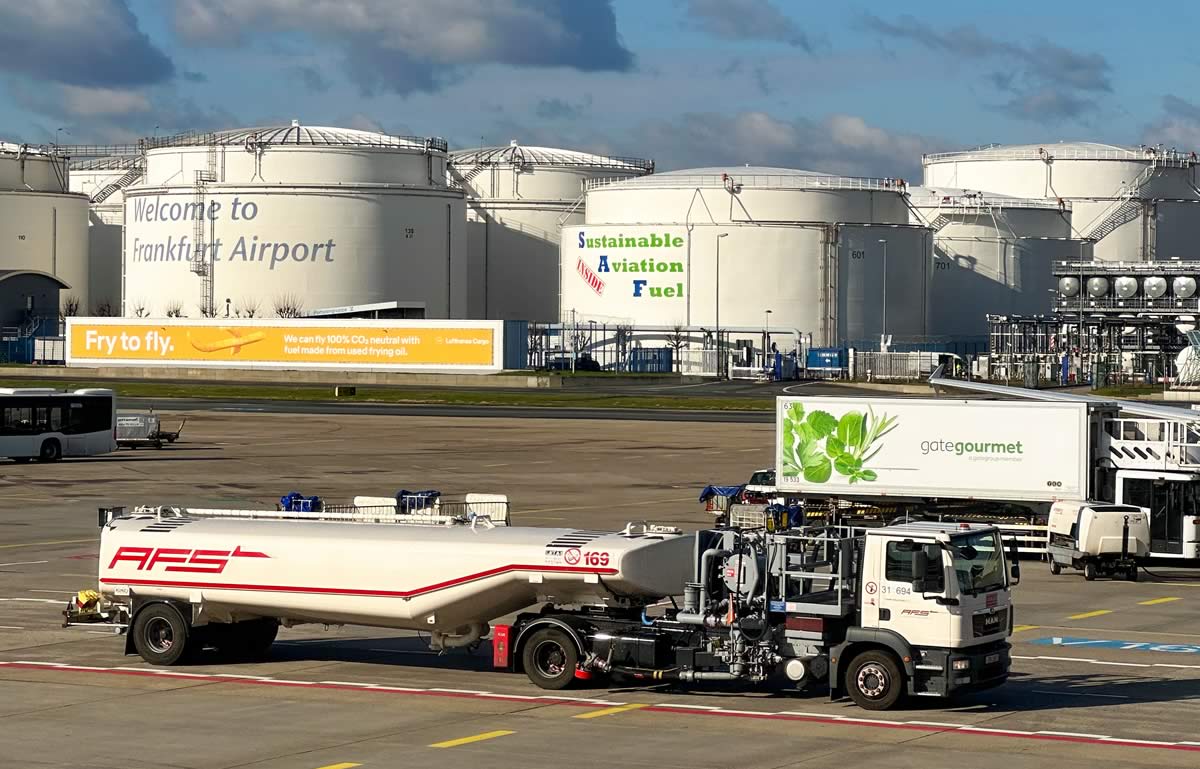
Jack Boyle recently qualified as an ISCC CORSIA Lead Auditor, broadening his scope into SAF (Sustainable Aviation Fuels) production and ISCC CORSIA verification. Jack’s extensive experience working as a verifier across more than 100 renewable energy installations, combined with his deep knowledge of biofuels, has enabled him to seamlessly transition to supporting the SAF sector’s growth.
SAF production is rapidly becoming a cornerstone of aviation’s decarbonization strategy. With the aviation sector responsible for 2-3% of global CO2 emissions, ambitious regulatory frameworks to promote SAF uptake are being set to mitigate this impact. For example, the ReFuelEU Aviation Regulation sets a mandate on fuel suppliers to supply 2% of SAF in 2025 to EU airports, rising to 70% by 2050. Similarly, from 2026, the Singapore SAF levy will require departing flights to use 1% SAF, with plans to raise this level to 3-5% by 2030. In line with these goals, ISCC has already issued nearly 200 valid ISCC CORSIA certificates, helping to ensure that SAF complies with the stringent sustainability criteria required by global regulatory frameworks. The uptake of ISCC CORSIA certification is expected to rise further, supported by the Science Based Targets Initiative (SBTI) recognising SAF as a key tool for aviation companies to meet their net-zero targets. Industry forecasts suggest that demand for SAF could reach 16-18 million tons by 2030 as airlines, governments and regulators push for greater adoption.
At EnviroSense, we are closely monitoring the evolution of the SAF market. Although there are current challenges such as feedstock availability and scaling issues, the regulatory and industry momentum behind SAF is undeniable. We expect to see significant advancements in this sector, and we are positioning ourselves to play a key role in ensuring sustainable practices through our SAF certification and ISCC CORSIA verification services.


